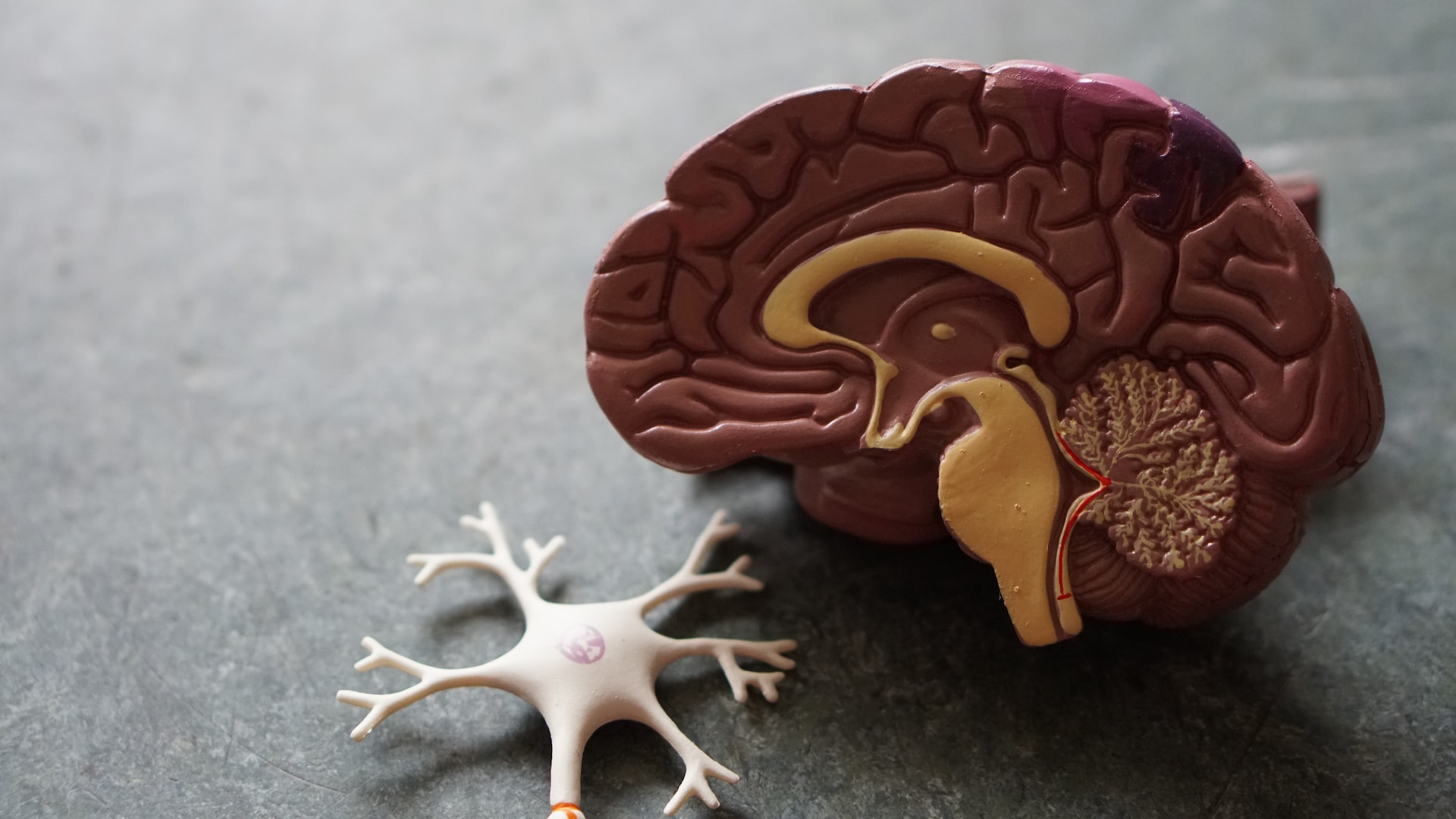How does aging affect sleep quality and what can help improve it
As we age, our bodies undergo many changes that can affect our sleep quality. One of the most significant changes is in our circadian rhythm, or internal clock. This can lead to earlier sleep and wake times, a condition known as advanced sleep phase syndrome. For example, older adults might find themselves going to bed earlier and waking up earlier than they used to, which can disrupt their sleep patterns if they’re not used to it.
Another factor affecting sleep is health conditions. Chronic illnesses like arthritis, diabetes, heart disease, and depression can make it difficult to get a good night’s rest. Additionally, many medications prescribed for these conditions can have insomnia as a side effect, further complicating sleep.
Lifestyle changes also play a role. Retirement often means less structured days, leading to irregular sleep patterns. Without a regular schedule, it can be hard to establish a consistent sleep routine.
Poor sleep can have serious consequences. It increases the risk of falls and accidents, worsens cognitive decline and memory issues, and heightens susceptibility to cardiovascular disease, diabetes, and obesity. It can also lead to greater emotional distress, including depression and anxiety.
Fortunately, there are ways to improve sleep quality as we age. Building better sleep hygiene is crucial. This includes maintaining a consistent sleep schedule, creating a relaxing bedtime routine, and ensuring the bedroom is dark, quiet, and cool. Avoiding caffeine and electronics before bedtime can also help. Engaging in regular physical activity during the day can improve sleep at night, but it’s best to avoid vigorous exercise close to bedtime.
Additionally, addressing underlying health issues and consulting with a healthcare provider about medications that might be affecting sleep can be beneficial. By taking these steps, older adults can improve their sleep quality and enhance their overall health and well-being.





